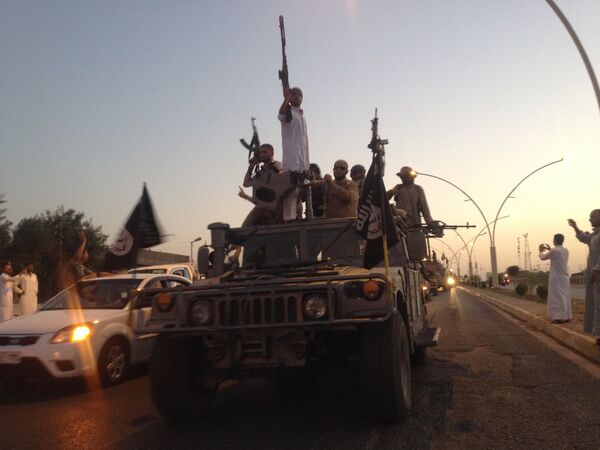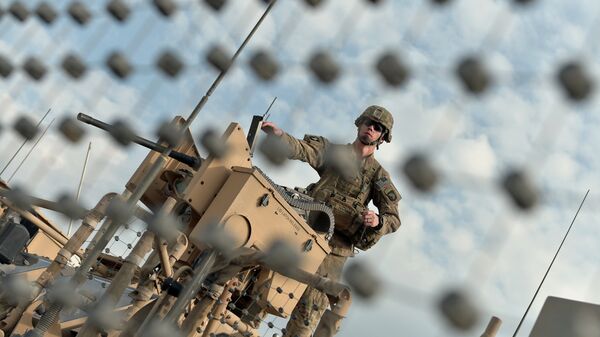"I think we're on the escalation path back into Iraq and now Syria," he noted, referring to a recent comment made by US defense chief Ashton Carter.
"Unfortunately that's how countries get bogged down in places. They put in a few troops, get their prestige on the line, and if that doesn't work in solving the problem, people ask: Well, what's next? Of course, there's always more troops, and I think this is just another step in a series of escalations," Eland observed.
The defense analyst maintains that one of the major reasons for sending additional forces to the Middle East is linked to the upcoming Syrian peace process.
The US is "trying to get the Syrian peace talks going and I think they want to have more skin in the game, so to speak," Eland noted. "The other thing is that they've had some battlefield success in taking back Ramadi [from Daesh], and I think they would like to capitalize on that."

The Iraqi security forces (and US special operations forces sent to advise them) are gradually preparing for a major offensive on Mosul, the second largest city in the country that has served as the Daesh stronghold since June 2014. But taking Mosul back and keeping other cities under Baghdad's control could prove to be a daunting task.
"I think this is going to take years because [Daesh] guerrillas are going to move to ground and go back into the cities and fight guerrilla warfare, so it's going to be a long slog and I'm afraid there are no local ground forces so you'll probably see more American boots on the ground before long," Eland observed.



